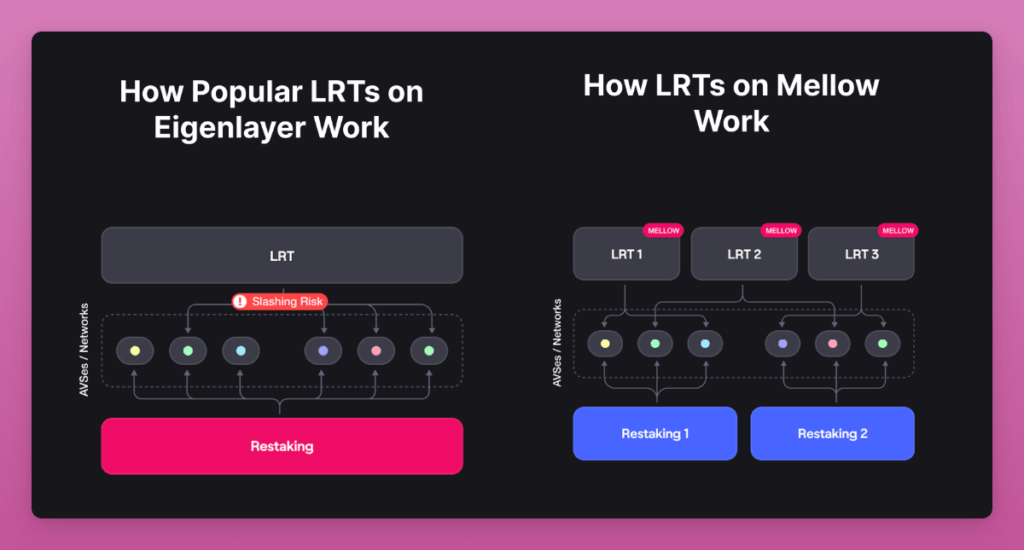Podcast Summary
This podcast features Brandon Malone, the policy manager at Paradigm, a venture capital firm in the crypto space. Brandon discusses the role of Paradigm’s policy team, his transition from the Federal Reserve to the crypto industry, and the major policy initiatives that Paradigm is advocating for. He also delves into the challenges of regulatory compliance in the crypto industry, the unique regulatory landscape in the US, and the potential for regulated institutions to adopt DeFi concepts.
Key Takeaways
Role of Paradigm’s Policy Team
- Policy Advisory: The policy team at Paradigm advises portfolio companies on the policy landscape and regulatory issues relevant to their businesses. This allows startups to focus on building their products without dedicating resources to a dedicated policy team.
- Improving the Policy Landscape: In addition to supporting portfolio companies, the policy team aims to improve the overall policy landscape for the crypto industry through thought leadership, research, and legal advocacy.
Transition from the Federal Reserve to the Crypto Industry
- Interest in Crypto: Brandon had an interest in crypto before joining the Fed and discovered Bitcoin in graduate school in 2013. He leveraged his contacts at the Fed and used his knowledge of crypto to take ownership of projects related to crypto research and policy.
- Switch to Paradigm: Brandon made the switch to Paradigm when he felt that the pace of innovation in the private sector was surpassing what he could keep up with in a government institution.
Major Policy Initiatives at Paradigm
- Base Layer Neutrality: Paradigm advocates for base layer neutrality and the idea that crypto’s infrastructure should be treated as a general-purpose communication technology rather than a purely financial system.
- Developer Liability: Another area of focus for Paradigm is developer liability, advocating for systems that allow developers to deploy code without fear of being held responsible for illicit use of that code.
Challenges of Regulatory Compliance in the Crypto Industry
- Regulatory Uncertainty: The lack of regulatory clarity in the US has been helpful for innovation in the past, but it is now becoming challenging and hindering progress. Crypto entrepreneurs in the US are concerned about legal liability and the inability to comply with unclear or impossible regulations.
- International Competitiveness: There is a concern about potentially losing international competitiveness to jurisdictions that are more active and forward-leaning in engaging with the crypto industry.
Regulatory Landscape in the US
- Classification of Tokens: The guest mentions the uncertainty surrounding the classification of tokens as securities and how it affects the regulatory status of platforms trading those tokens.
- Regulatory Framework for Stable Coins: The guest expresses the need for a regulatory framework for stable coins in the US, emphasizing the importance of differentiating between stable coins that guarantee redemption and algorithmic stable coins.
Sentiment Analysis
- Bullish: Despite the challenges, the guest remains optimistic about the potential for positive change in the regulatory landscape. He highlights the presence of smart and well-intentioned individuals in Washington and the importance of policy advocacy in driving progress.
- Bearish: The guest expresses concern about the exclusive use of whitelists for accessing DeFi, emphasizing the importance of maintaining open access. He also mentions the uncertainty surrounding the classification of tokens as securities and how it affects the regulatory status of platforms trading those tokens.
- Neutral: The guest acknowledges the challenges of regulatory compliance in the crypto industry, particularly in relation to custody and financial services. He also highlights the need to determine whether existing laws and regulations can address crypto-specific issues or if new frameworks are necessary.











